May 24, 2025 | 16:21 GMT +7
May 24, 2025 | 16:21 GMT +7
Hotline: 0913.378.918
May 24, 2025 | 16:21 GMT +7
Hotline: 0913.378.918
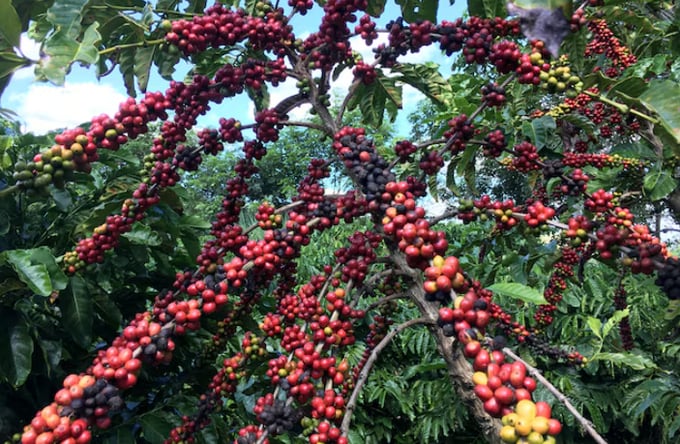
The robusta coffee fruits are seen in Sao Gabriel da Palha, Espirito Santo state, Brazil May 2, 2018.
The Brazilian coffee industry is worried that sky-high coffee prices are leading some companies to expand offerings of what it calls fake coffee in the local market, as they seek to attract consumers who are feeling the pinch.
Brazil's coffee roasters association, ABIC, recently identified in groceries powdered products marketed as coffee, but that are mostly not made with the bean.
"It is a clear attempt to fool consumers," said Celirio Inacio da Silva, ABIC's executive director, adding that those powders could contain coffee waste such as peels or leaves, other vegetable pulp and artificial coffee flavoring.
Coffee prices in Brazil - the world's largest producer of the beans and the second-largest drinker of the beverage after the United States - have risen more than 50% in the last three months. Global prices hit all-time highs due to limited supplies following weather woes in producing countries.
ABIC said it has reached out to Brazilian health agencies and the Agriculture Ministry asking if such products are being sold legally.
One such product is called Oficial do Brasil, it said. Its package is similar to roast and ground brands sold locally, displaying a picture of a hot cup of coffee.
The description on the package reads, "traditional coffee flavor beverage." In smaller letters lower down, it says "artificial coffee flavor."
"We never said it was coffee," said Master Blends, the company that produces Oficial do Brasil, in a statement.
"We created a product to meet the demand of a class of consumers that is suffering from high prices," the company said, adding that the product is government-approved.
Anvisa, the Brazilian food and drug regulator, did not immediately respond to a request for comment regarding the product's approval status.
Such products currently sell in Brazil for around one-third of the price of regular coffee.
Reuters
/2025/05/22/5250-1-184853_288.jpg)
(VAN) According to a representative from the Central Retail Vietnam, Vietnamese products such as seafood, sweet potatoes, dragon fruit, coffee, and spices hold great potential in the Thai market.
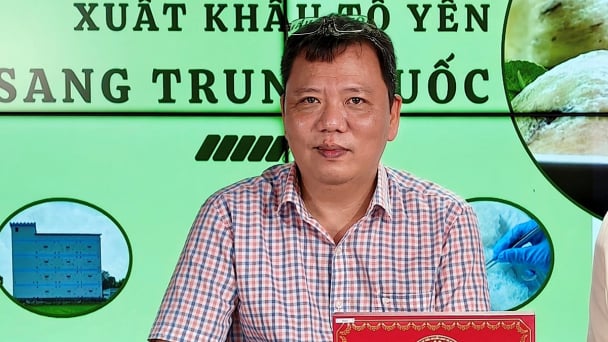
(VAN) A multi-channel, multi-directional strategy only works when the agricultural value chain meets global transparency and SPS standards.
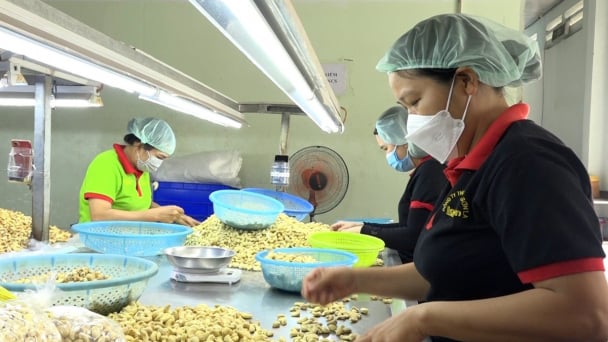
(VAN) Market expansion is a matter of survival for Vietnamese businesses amid fierce competition and global supply chain fluctuations.
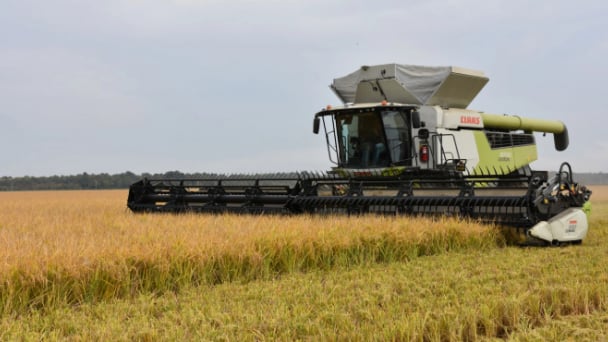
(VAN) Global market prospects for U.S. long-grain rice for the upcoming marketing year.
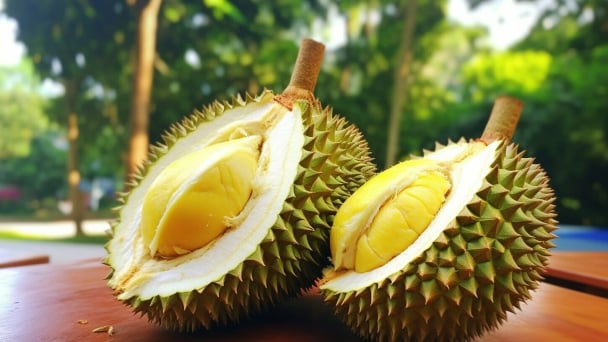
(VAN) China’s General Administration of Customs started permitting fresh durian shipments from Cambodia after a phytosanitary protocol was signed with the Cambodian Ministry of Agriculture in late April.
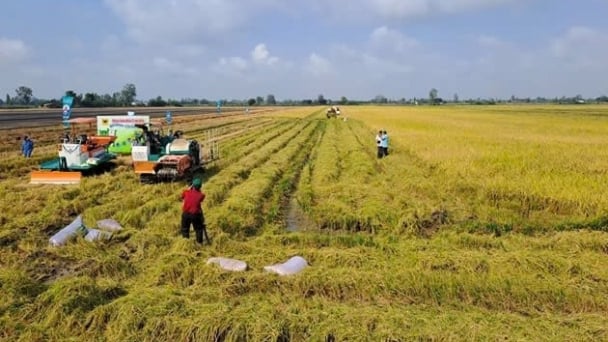
(VAN) To operate carbon market, one of the key issues is determining which types of 'commodities' meet the standards to be traded on the market.
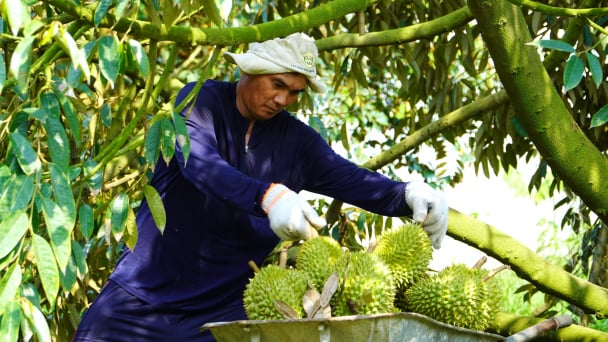
(VAN) Durian-producing localities need to coordinate more effectively with central authorities to improve the traceability, monitoring, and response systems in case of violations.